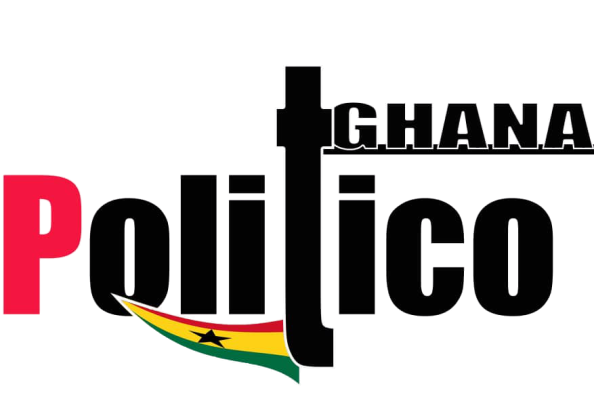The Majority Caucus of the Parliament of Ghana has invoked Article 112(3) of the 1992 Constitution and Order 53(2) of the Standing Orders of Parliament to compel the Speaker, Alban Sumana Kingsford Bagbin, to recall the House over some unfinished business.
“We are invoking our right under the law in good faith and for the good of our democracy. In fact, we are fortified by law to proceed to compel the Speaker to reconvene the House”, the Majority Leader, Alexander Afenyo-Markin, surrounded by some members of the Majority Caucus announced at a press conference held on Friday, May, 3, 2024.
Article 112(3) states that “Notwithstanding any other provision of this Article, fifteen percent of Members of Parliament may request a meeting of Parliament, and the Speaker shall, within seven days after the receipt of the request, summon Parliament.”
Order 53(1)(2) of the Standing Orders of Parliament takes inspiration from Article 112(3) of the 1992 Constitution of Ghana.
The decision of the Majority Caucus comes after all attempts to get the Speaker to exercise his discretion to reconvene the House proved futile.
“As far back as April 8, 2024, I, on behalf of colleagues, sent a memo to Mr. Speaker. In that memo, my humble prayer to Mr. Speaker was for him to exercise his discretion under the powers given him under Orders 58 and 59 of the Standing Orders of Parliament,” he stated.
With the invocation of Article 112(3) of the 1992 Constitution which was contained in a memo addressed to the Speaker, Mr. Bagbin has within seven days to recall the House from recess.
15% of the 275 Members of Parliament constitutes 41.25. However, Afenyo-Markin, who is also the Leader of Government Business in the legislature said more than 100 members on the majority side were signatories to the memo seeking to compel Bagbin to recall the House.
Bagbin, upon receipt of the memo, has up to Tuesday, May 14, 2024 to reconvene the House.
Three-line items which the Effutu lawmaker described as critical and which were advertised on the Order Paper on March 22, 2024, but were not considered following the unilateral adjournment of the House sine die by the Speaker, formed the basis of the action initiated by the Majority Caucus.
These three items include the consideration and adoption of the 34th Report of the Appointments Committee on the President’s nomination for appointment as Ministers, Regional Ministers and Deputy Ministers; motion on additional financing agreement between the Government of Ghana and IDF for an amount of $150 million to finance the ongoing Greater Accra Resilient and Integrated Development (GARID) Project; and a request for tax exemptions for beneficiaries under the One District One Factory (1D1F) program.
On the issue of the President’s nomination, Afenyo-Markin explained that the House had reached a consensus to adopt the Appointments Committee’s report and that voting on the motion was the only thing left to do.
Speaking on the $150 million GARID project, he stated that the Finance Committee had completed its work whereas the House had passed the motion on the report. However, the Works and Housing Committee had expressed some opinions, and the Speaker had directed that the matter be referred back to the committee to enable its leadership to incorporate their views in the report.
“This was done and all that was left is for this item to be taken so that the government can access the concessional facility to shore up our forex,” he added.
Similarly, all that the tax exemption item needed was for the House to consider and approve it as no one objected to its objectives.
“You may recall that somewhere in 2013, the then President, John Dramani Mahama lamented how we were spending all our tax revenues on public sector wages. This government came out with a paradigm shift to encourage the private sector to create employment and that is how the 1D1F policy was introduced. We have a number of companies who got attracted by this and have started building factories in Ghana. They have gotten into various stages and there is an urgent need to have these tax exemptions in place for them. It is not a freebie or a waste of money. It is rather giving money to the private sector to grow,” he explained.
He added, “When you introduce such incentives, it is also to enhance production and create the necessary space in the liquidity of the companies so that they can employ more and expand.”
Written by: Stephen Odoi-Larbi




